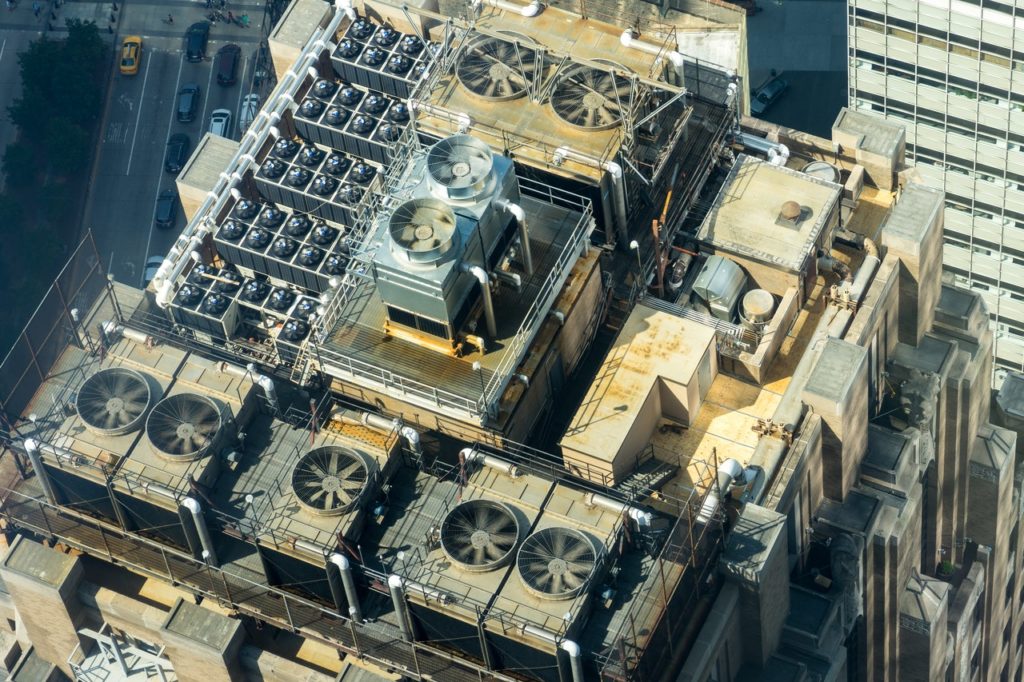HVAC mechanisms are important devices in every home. They provide more than just heating, ventilation, or cooling. They are responsible for keeping the air we breathe inside our residential homes and commercial offices safe from toxins and bacteria. In a nutshell, HVAC systems provide conditioned and quality air to enclosed spaces, ensuring that occupants are breathing only clean, odor-free air. Like any other technologies, though, these mechanisms can malfunction at any time, resulting in reduced efficiency.
Below are some of the many reasons why HVAC systems can malfunction.
Absence of Maintenance
Regular upkeep by a licensed HVAC contractor is needed to keep the system working properly. The absence of maintenance can result in issues that can adversely affect the functions of the mechanism. Maintenance can help detect minor issues in the device. It also keeps the machine running smoothly, preventing minor problems from escalating into more serious issues.
Thermostat Malfunctions
The thermostat is responsible for monitoring and regulating the temperature indoor. It automatically adjusts the heating or cooling capacity of the HVAC unit. It is comprised of two parts: the cover and the base. In some models, a subbase may be added for additional switch functions. The thermostat cover provides protection to the internal wirings of the device. It is also where the system-switching levers, temperature indicator, and the temperature setting lever are housed. The base, on the other hand, contains the internal wiring connections. If a subbase is added, it would contain the fan and other switching capabilities of the system.
Due to wear and tear, dust accumulation, extreme weather changes, and other reasons, the thermostat can malfunction. When this happens, the HVAC system can short cycle or continuously run. It may also make the space warmer or cooler than desired. In some circumstances, the system may also stop working altogether.
Dirt Accumulation
Dirt and grime buildup in your HVAC system can make your device run inefficiently. In the case of an air-conditioner, for instance, dirt that has settled in to the unit’s coils can create a barrier between the surface of the coil and the air. Clogged coils can cause the HVAC system to work harder, and this can lead to faster wear and tear.
Dirt and dust buildup can also cause problems on the HVAC’s wirings. Additionally, it may clog filters, reducing the quality of the air indoors.
Defective Programs
Modern HVAC units are now computerized. While they may be more user-friendly, they also come with downsides that can affect the entire system. An HVAC’s programming may sometimes be faulty, resulting in problems that may not be easily solved. Problems that are caused by faulty programming needs the expertise of HVAC experts.
Improper Installation
HVAC systems are complex machines. Their installation requires expertise and proper training. When not installed properly, it can malfunction and not work efficiently. Hence, it is never recommended for people to install HVAC systems without the help of professional installers.
Batteries
Some HVAC systems have thermostats ran by batteries. These batteries can sometimes falter and may need replacement. HVAC systems with battery-operated thermostats must be charged regularly to maintain their functionality.

Age
Like any other devices, HVAC systems can deteriorate as the years go by. Know how many years you have been using your device. If it malfunctions, it may likely be because it is already too old to work properly. Old devices may need to be replaced with new ones so you can continue to enjoy quality air inside your homes.
Location
Where the HVAC system is located can play a crucial part in its efficacy. If not strategically placed, the mechanism may not work as expected. For example, if you place the device in an area where it can be directly hit by sunlight, it may wrongfully detect the warmer temperature in the house. For the mechanism to run efficiently, it should be placed away from direct sunlight and heat.
Problems in HVAC systems can be avoided. One of the best ways to prevent issues is to keep the device well-maintained by a licensed professional. HVAC contractors can make a thorough inspection of the system and detect problems early on. They can also perform cleaning of all parts of the device and they may perform repairs when required.
Some people may be inclined to clean the ducts and other parts of the HVAC themselves. While this may save them a few bucks in cleaning services, it might cause problems that are harder to solve by untrained individuals. There are also technicalities that only HVAC experts can understand, so it is always better to ask for their assistance instead of going the DIY route.

